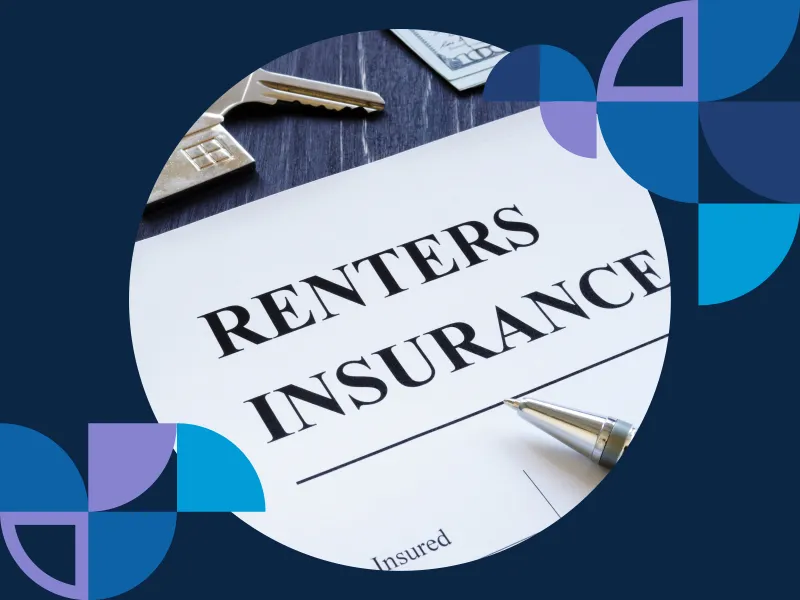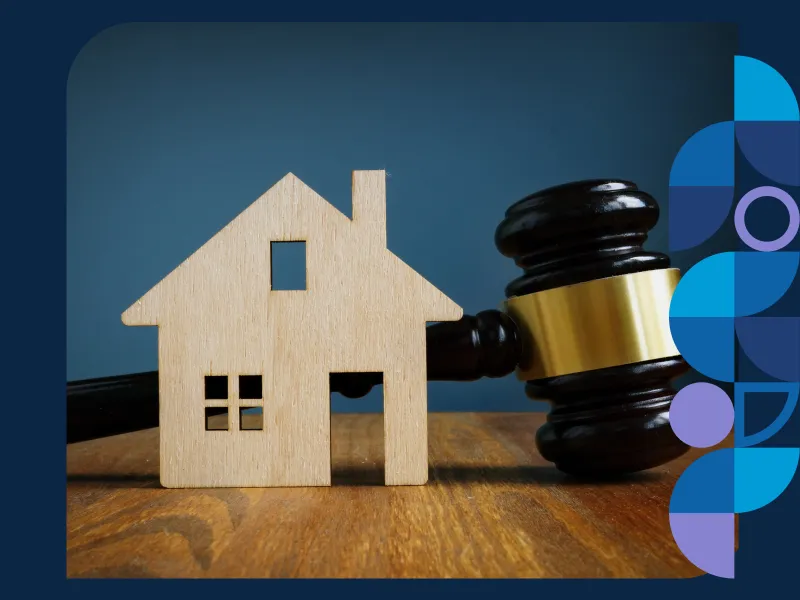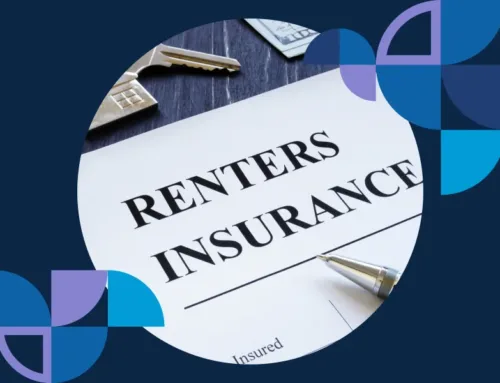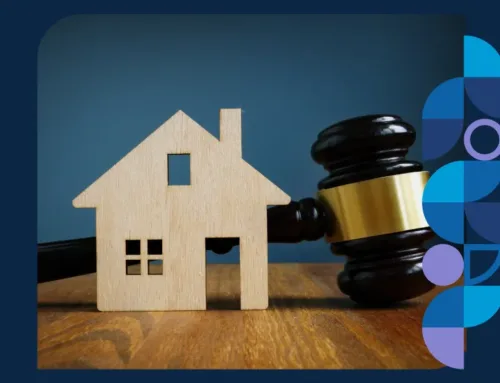When emergencies strike, being prepared can make all the difference. For renters, emergency preparedness might seem challenging, but it’s crucial for ensuring safety and minimizing damage.
This guide offers practical tips tailored for renters, covering everything from creating an emergency kit to understanding your building’s safety features. Whether you’re facing natural disasters, power outages, or unexpected situations, these strategies will help you stay ready and resilient.
Let’s dive into the essentials that every renter should know to protect themselves and their belongings in any emergency scenario.
Building Your Emergency Kit
Creating a comprehensive emergency kit is the first step toward preparedness. Ensure your kit includes:
- Non-perishable food: Enough for at least three days.
- Water: One gallon per person per day for at least three days.
- First-aid kit: Bandages, antiseptics, medications, and any personal prescriptions.
- Flashlight and batteries: Essential for power outages.
- Multi-tool: Useful for various emergency tasks.
- Personal hygiene items: Soap, hand sanitizer, and sanitary products.
- Important documents: Copies of identification, insurance policies, and emergency contacts.
- Clothing and blankets: To stay warm and dry.
Tailor your kit to your specific needs and the potential emergencies in your area, such as including additional items for pets or specific climate conditions.
Storing Your Kit and Keeping it Updated
Store your emergency kit in a central, easily accessible location within your rental unit, such as a hall closet or under the bed. This ensures you can quickly grab it during an emergency.
Regularly check and refresh the contents of your kit. Replace expired food, water, and medications to ensure everything remains effective and safe to use. Make it a habit to review your kit every six months, adjusting for any changes in your needs or living situation. Staying proactive ensures you’re always ready for the unexpected.
Creating a Communication Plan
It’s crucial to have a clear plan to connect with family and friends during emergencies. Discuss and designate a primary contact person who can relay information to others. An out-of-town contact can be particularly useful, as they might be more reachable if local lines are overloaded. Ensure everyone knows the contact details and the protocol for reaching out. Utilize multiple communication methods:
- Phone calls: Direct and immediate but can be unreliable if lines are busy.
- Texting: Often works better when networks are congested.
- Social media: Useful for broad updates and checking in.
Having multiple options ensures you can stay in touch even if one method fails.
Staying Informed About Local Alerts and Warnings
Sign up for local emergency alert systems to receive real-time notifications about potential threats in your area. These alerts can be life-saving, providing critical information about evacuations, severe weather, or other emergencies. Additionally, regularly follow local news and weather reports to stay informed about developing situations. Knowledge is power, and staying updated helps you make informed decisions quickly.
A well-thought-out communication plan, combined with staying informed, ensures you and your loved ones remain connected and safe during emergencies. Regularly review and practice your plan to keep it effective and top of mind.
Familiarize Yourself with Your Building
Understanding your building’s layout is crucial for safe evacuation during an emergency. Locate all fire exits and evacuation routes as soon as you move in. Pay attention to:
- Fire exits: Identify all exits on your floor and the quickest routes to them.
- Evacuation routes: Familiarize yourself with the paths leading to these exits.
- Assembly points: Identify safe, designated areas outside the building where residents gather during an evacuation.
Knowing these details ensures you can quickly and safely evacuate when necessary.
Understanding Your Building’s Emergency Procedures
Every building has its own set of emergency procedures. Talk to your landlord or property manager to learn:
- Specific procedures: Understand the building’s policies for fire, natural disasters, and other emergencies.
- Fire extinguishers: Know the locations of fire extinguishers on your floor and how to use them.
- Utility shutoff valves: If applicable, learn where and how to shut off utilities like gas and water to prevent further hazards.
Having this knowledge helps you respond effectively during an emergency, ensuring your safety and minimizing potential damage. Stay informed and prepared by periodically reviewing these procedures and discussing them with new roommates or neighbors.
Renter-Specific Considerations for Emergencies
Protecting Important Documents
Keep copies of essential documents like your lease agreement, insurance policies, and identification in a waterproof and fireproof document safe. This ensures they remain intact during floods or fires. Additionally, consider storing digital copies in a secure cloud-based storage service. This provides easy access and an extra layer of protection.
Preparing for Potential Power Outages
Power outages are common during emergencies, so be prepared. Have a battery-powered radio to stay informed and a cellphone charger to maintain communication. For lighting, use flashlights or lanterns. If you use candles, follow proper safety precautions to avoid fire hazards. Being prepared helps you navigate power outages safely and comfortably.
Working with Your Landlord During Emergencies
Understanding Landlord Responsibilities in Emergencies
- Landlords are responsible for maintaining the building’s structural integrity and common areas during emergencies. This is one of the many things you’re owed as a renter.
- Ensure your landlord addresses safety concerns and keeps emergency exits and equipment functional.
Communicating with Your Landlord About Damage or Repairs
- Document any damage to your belongings or unit with photos or videos.
- Promptly contact your landlord to report the damage and discuss necessary repairs.
- Effective communication helps ensure timely fixes and maintains a safe living environment.
As a renter, it’s crucial to know how to promptly communicate with your property manager (PM) during emergencies. Here’s what you need to do:
- Immediate Emergencies: Always call the emergency contact line provided by your PM for urgent issues that demand immediate action.
- Routine Concerns: For non-life-threatening emergencies, submit a ticket via the PM’s website or your online renter portal.
- Be Prepared: Keep all essential PM contact numbers saved in your phone to ensure you can reach out quickly when necessary.
In Conclusion
Being prepared for emergencies is crucial for renters. By building a well-rounded emergency kit, creating a communication plan, familiarizing yourself with your building, and understanding renter-specific considerations, you can enhance your safety and readiness.
Work closely with your landlord to ensure the building’s structural integrity and promptly report any damage. These proactive steps not only protect you and your loved ones but also provide peace of mind during uncertain times. Remember, preparedness is key to navigating emergencies with confidence and resilience. Stay informed, stay ready, and stay safe.








